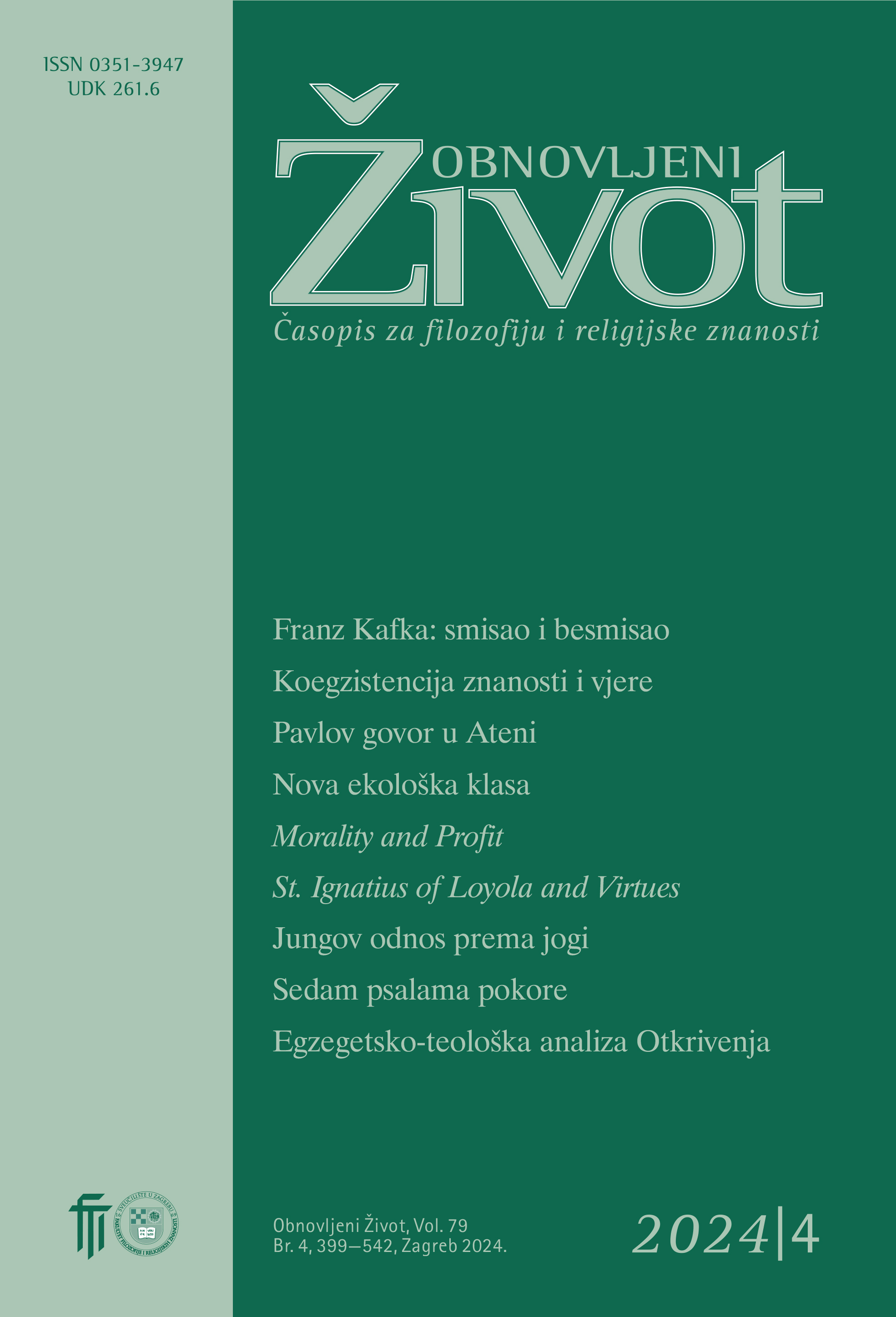Paul's Speech in Athens
Keywords:
Christian apology, Paul and philosophy, Unknown GodAbstract
After a short attempt to present elementary monotheism to non–Jews in Lystra (Acts 14:15–17), Paul’s address to the citizens of Athens is the first comprehensively designed apology for Christian monotheism. In the first part of the speech (Acts 17:22–29), along with some philosophical assumptions, he rationally explains the monotheism of the invisible Creator of the world, and in the second, interrupted part (Acts 17:30–3), he moves on to the details of the apology of Christianity. Although extremely succinct and incomplete, Paul’s speech in Athens is the first Christian apology for the polytheistic Gentiles. He began with arguments about God who created the world and man in it, about the innate instinct to seek him, our kinship with him — all of this was understandable for his polytheistic listeners. They could accept the idea that God would judge people according to the criteria of justice. However, the claim that He would leave that judgment to the chosen man, was the first shock and a complete departure from rational argumentation. The next assertion, that God offers proof for this because he raised from the dead the man whom he had appointed to judge mankind, gave the final occasion for those present to interrupt his speech. Seen from their perspective, these were absurd things. The main reason for the misunderstanding was the fact that the Greeks had no teaching of the resurrection. If Paul had had the opportunity to continue his speech, he would have had to refer to Old Testament sources — and this would have caused an even greater outrage.
Downloads
Published
Issue
Section
License
Jednom prihvaćeni članak obvezuje autora da ga ne smije objaviti drugdje bez dozvole uredništva, a i tada samo uz bilješku da je objavljen prvi put u Obnovljenom životu. Uredništvo će obavijestiti autora o prihvaćanju ili neprihvaćanju članka za objavljivanje.
Članci objavljeni u časopisu se, uz prikladno navođenje izvora, smiju besplatno koristiti u obrazovne i druge nekomercijalne svrhe.


